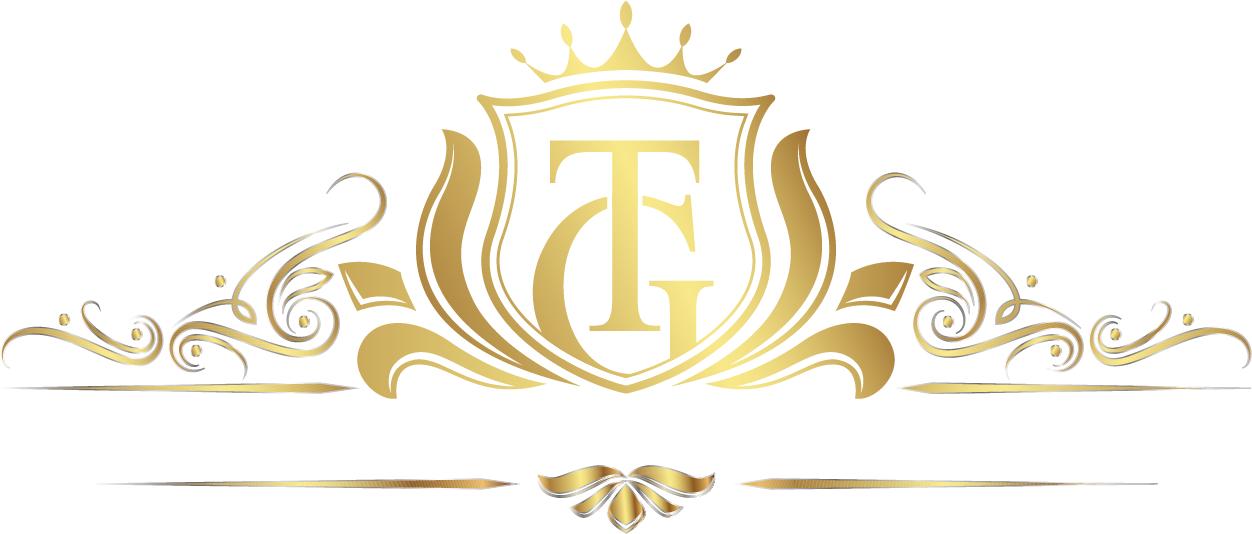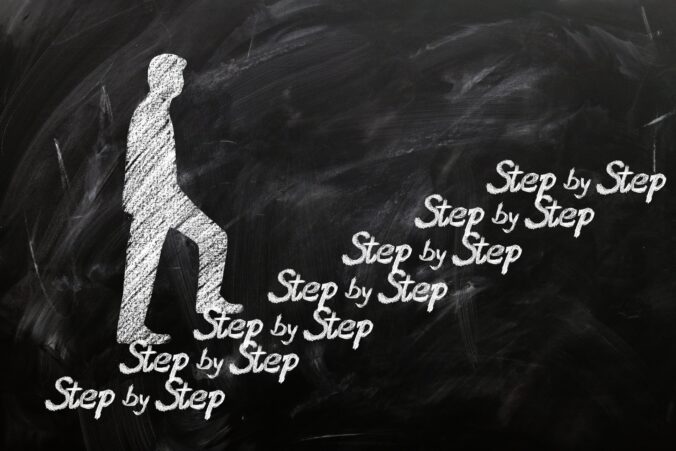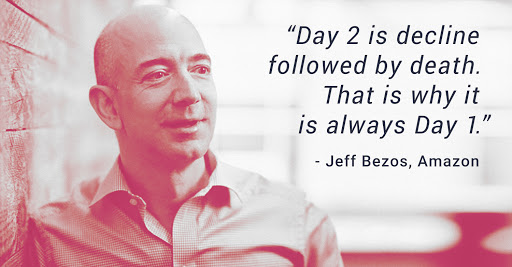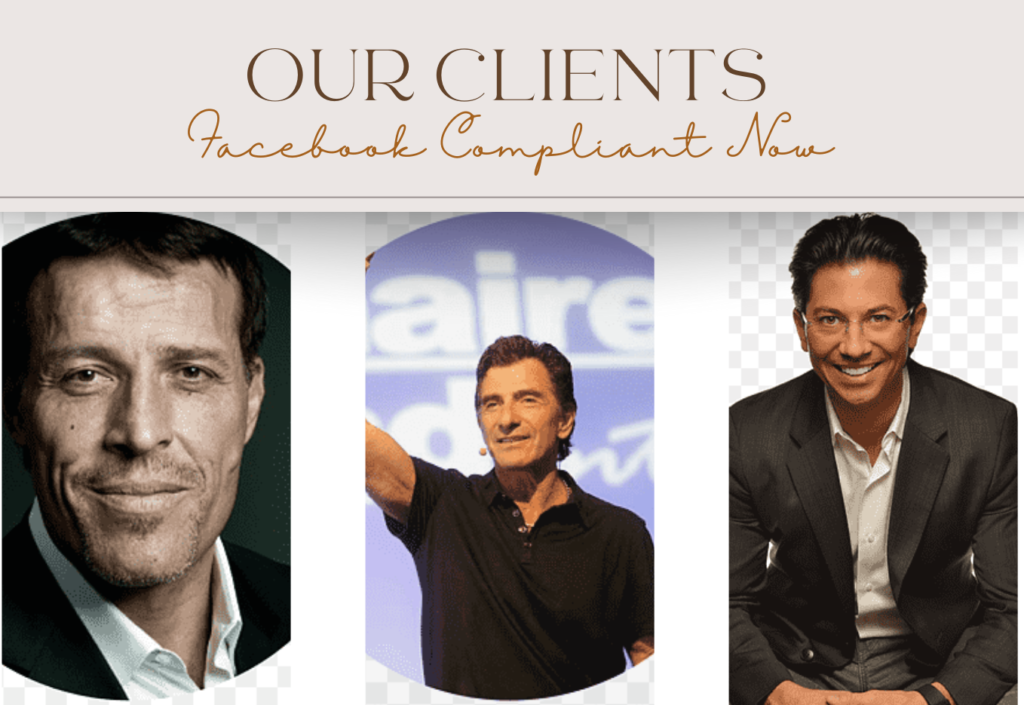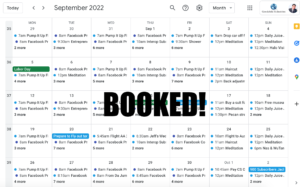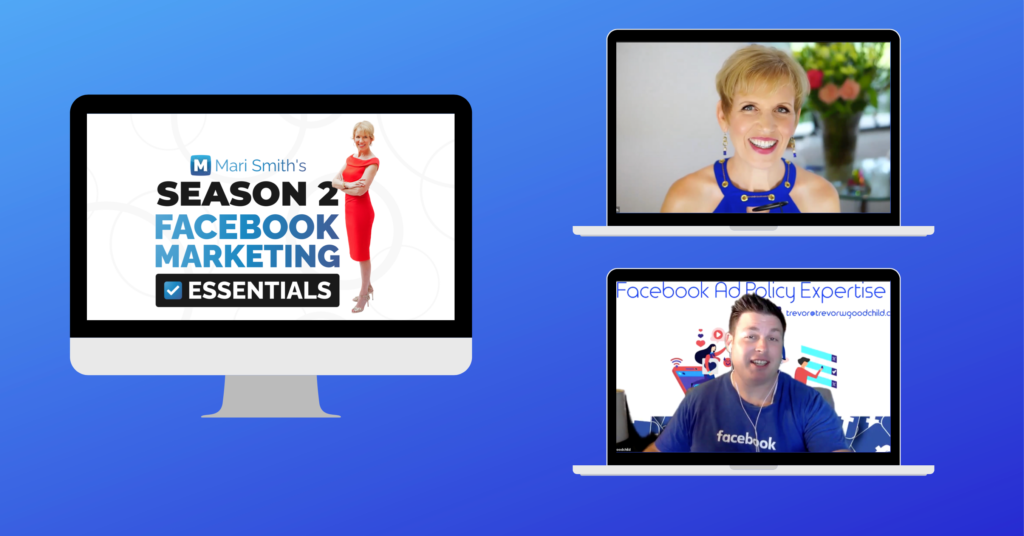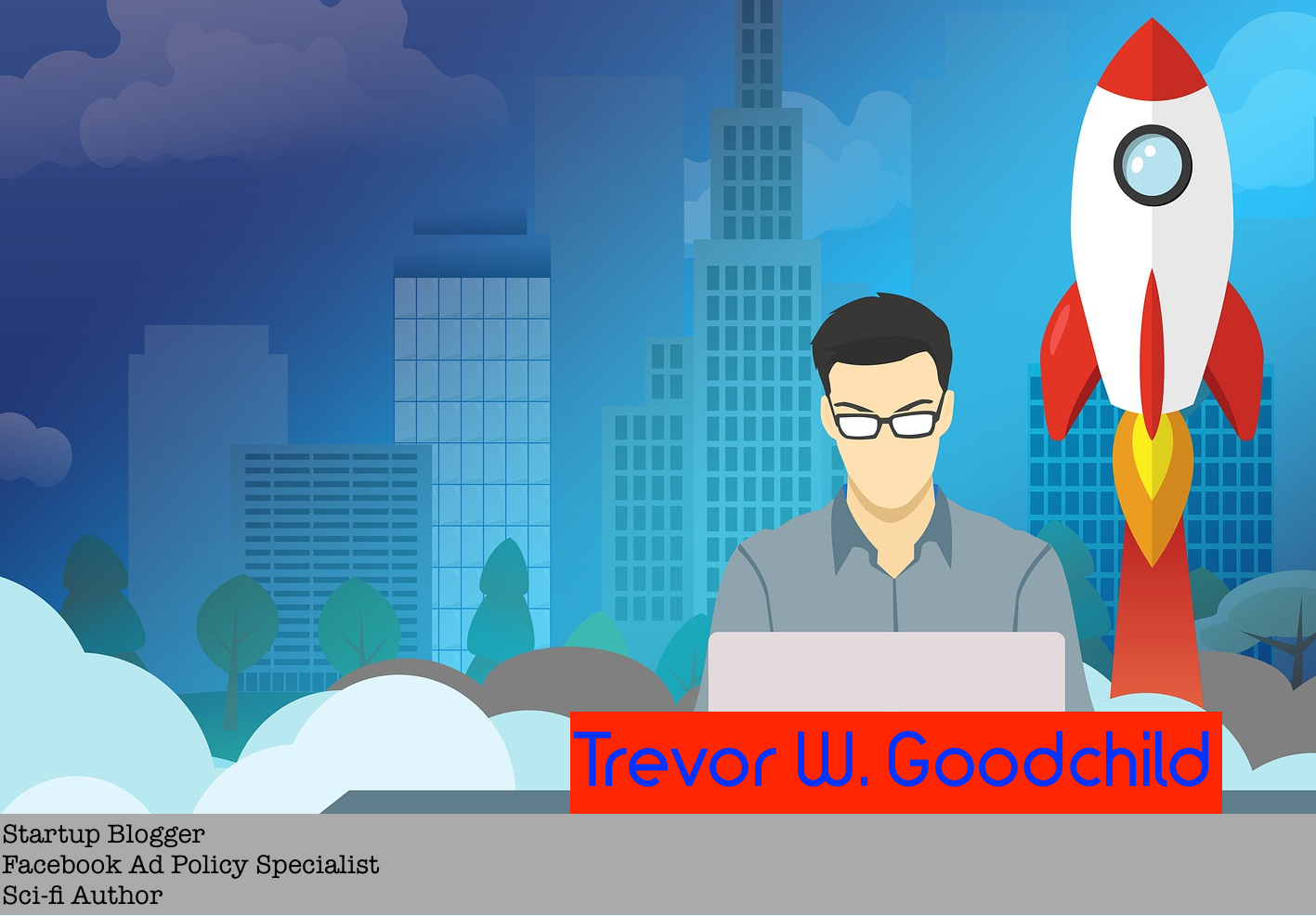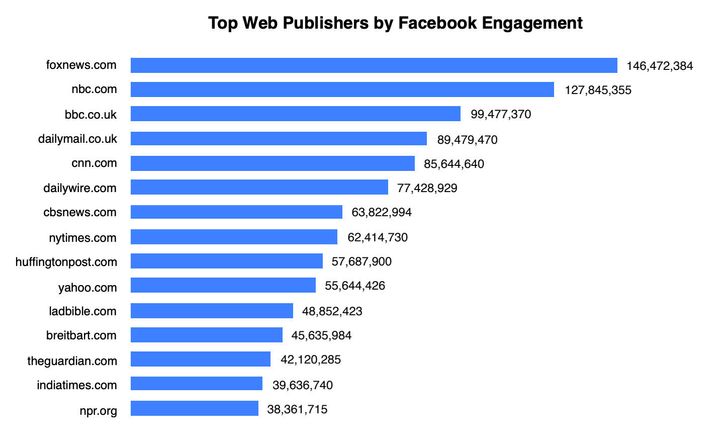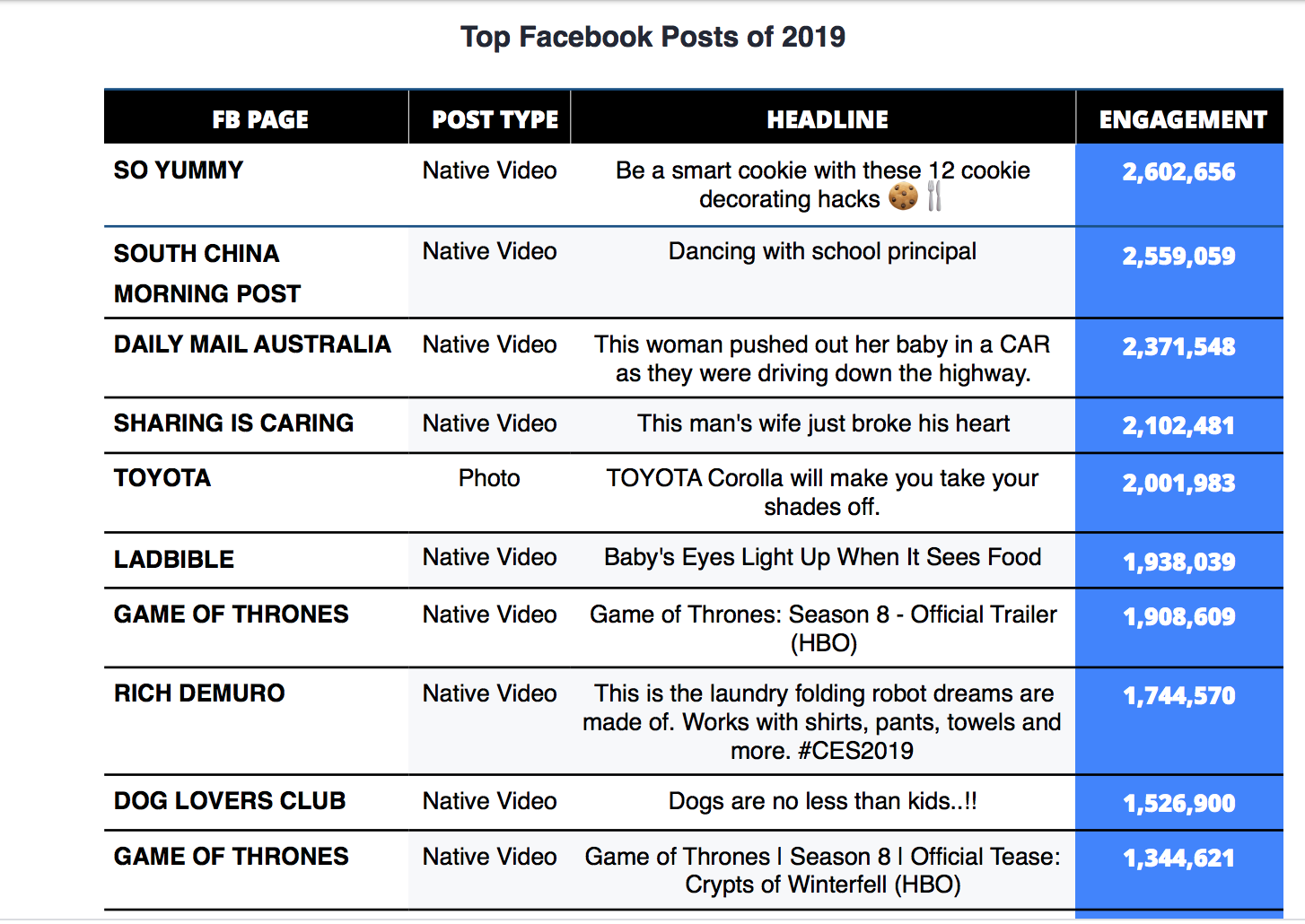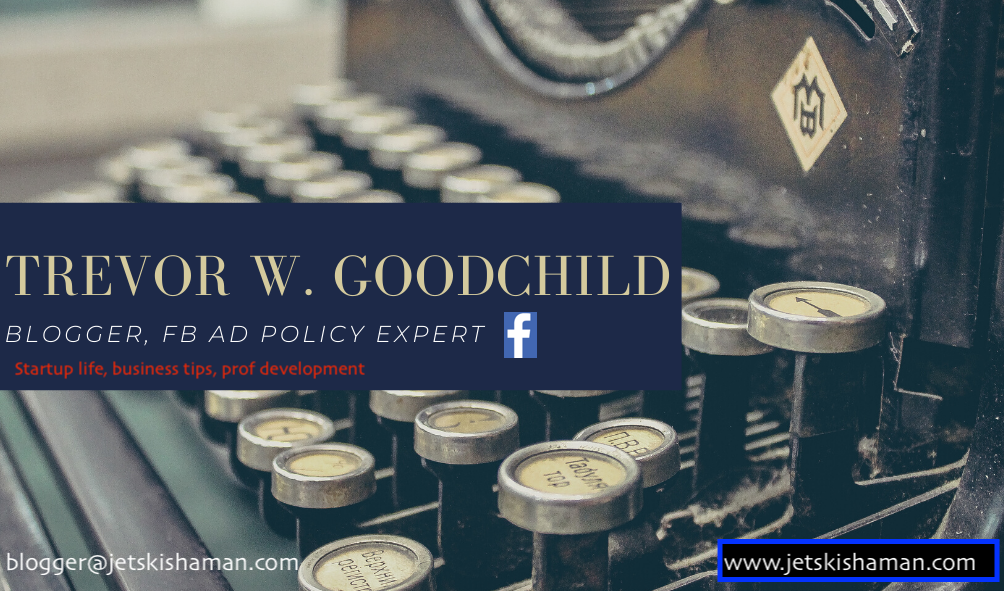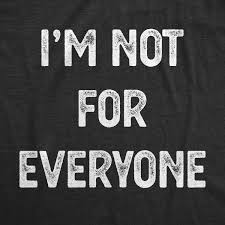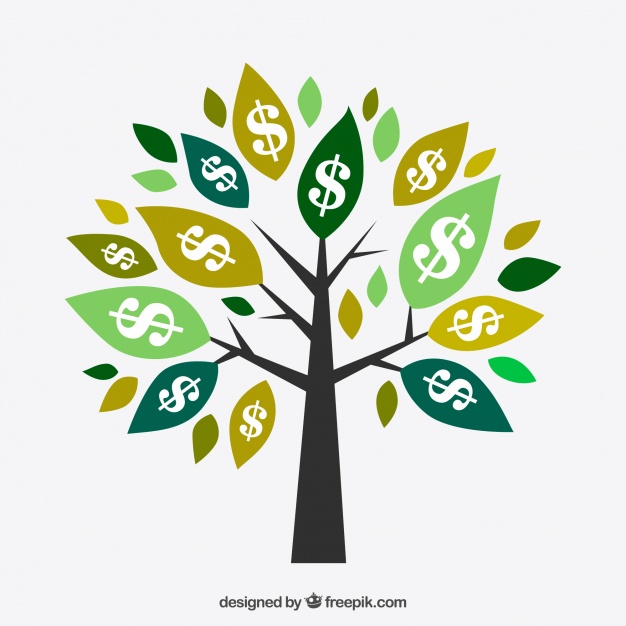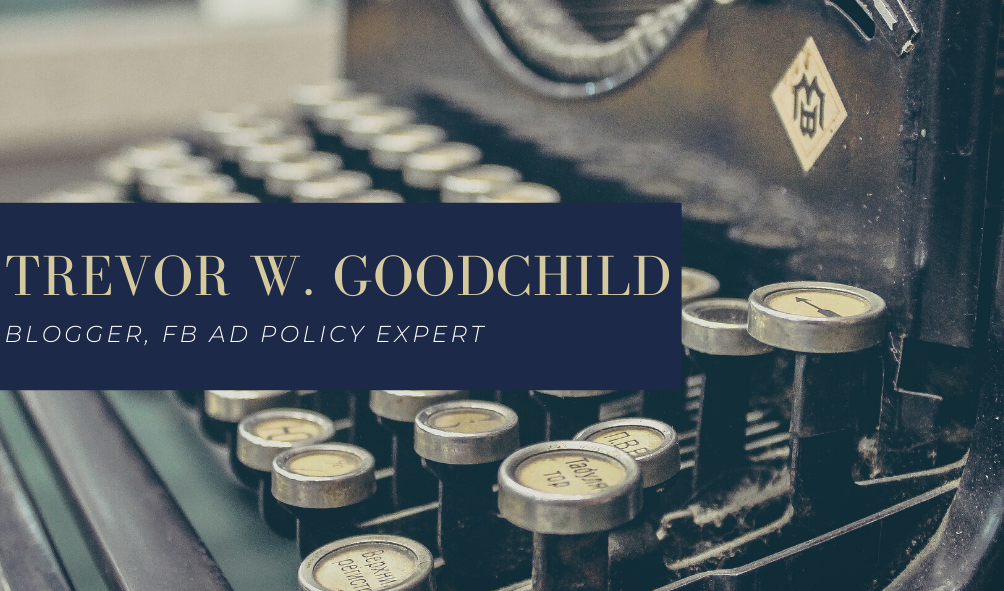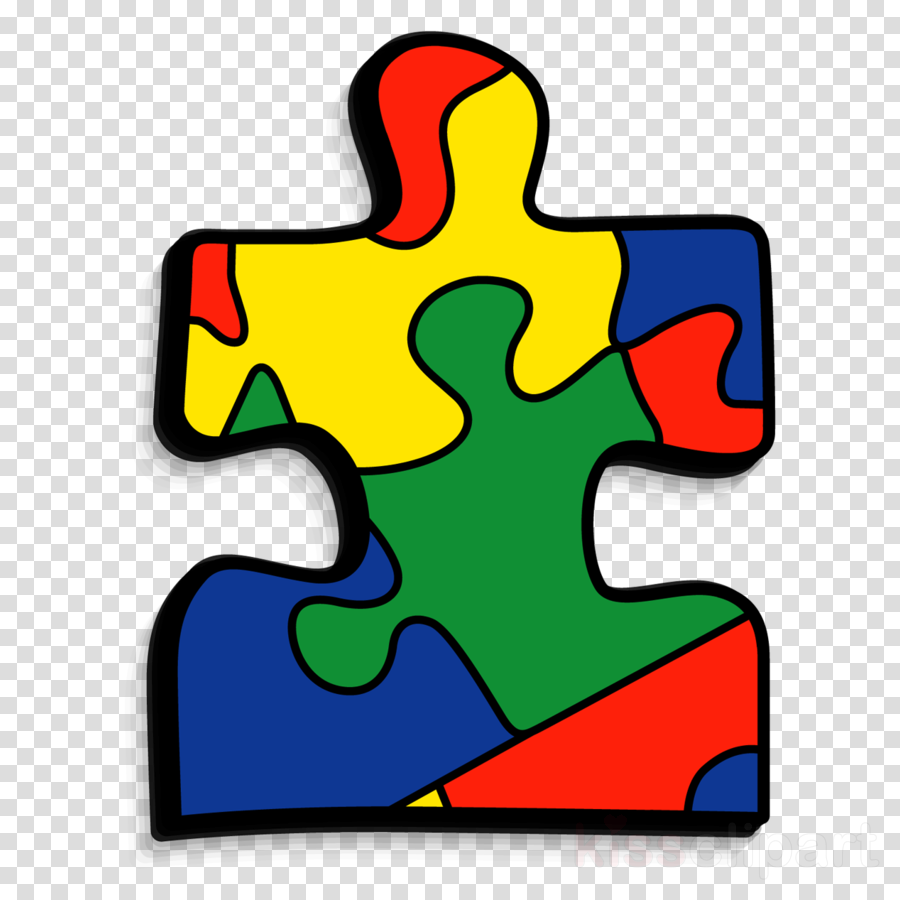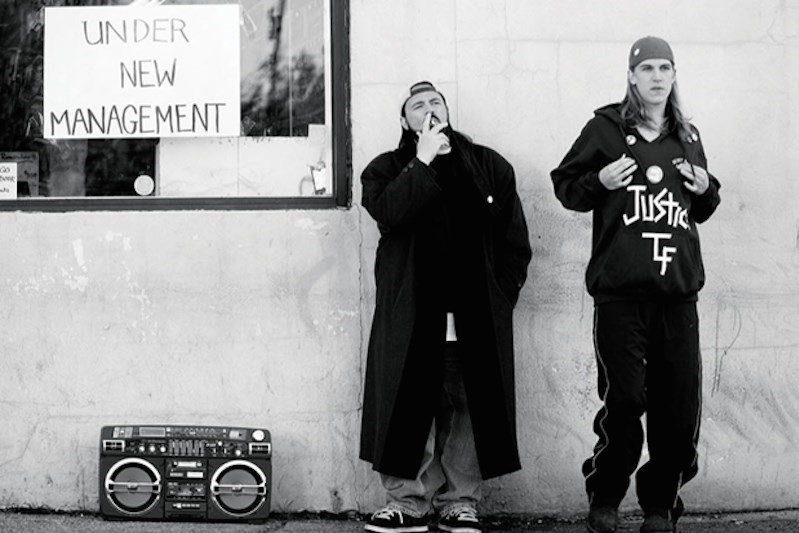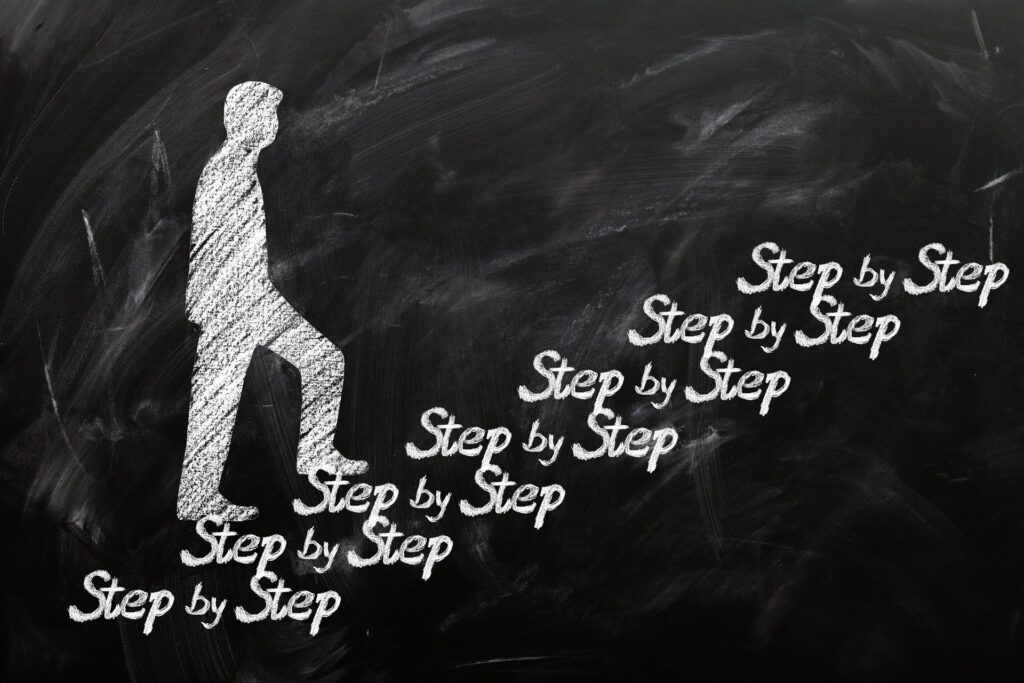
It's more than a feather in the cap
One of my biggest moments was graduating high school and let me stop you right there if there's a comment on high school being the pits. It took me 5 years to graduate high school.
I was living on the edge, without a home, surviving abuse and I was the most socially dysfunctional youth you can meet. It was a pivotal moment for me because it showed that despite adversity, one can succeed against all odds.
Beyond being a feather in my cap, or a diploma on the wall, it was a symbol that hard work pays off. Now, with the drastically changing times post 2020, we can add working smarter not just harder to that.
When the pandemic hit America in March of 2020, many things came to a full stop. Treasured local businesses shut their doors and turned the closed sign around for the last time.
I was living on the edge, without a home, surviving abuse and I was the most socially dysfunctional youth you can meet. It was a pivotal moment for me because it showed that despite adversity, one can succeed against all odds.
Beyond being a feather in my cap, or a diploma on the wall, it was a symbol that hard work pays off. Now, with the drastically changing times post 2020, we can add working smarter not just harder to that.
When the pandemic hit America in March of 2020, many things came to a full stop. Treasured local businesses shut their doors and turned the closed sign around for the last time.
When Faced With A Brick & A Hard Place
Running my own business, I faced challenges too. Not the same challenges that retail establishments faced, or schools. But challenges nonetheless. I didn't realize how much I had relied on in-person business events for client acquisition. The reality of the pandemic hit me in the face:
I had no means of finding new clients without in-person events. What did I do?
Pivot.
I moved more interactions online, became a writer for Social Media Examiner, and built a lot of value in ad communities. I recouped and made more income some months than I ever did working at Facebook or for myself.
I had to change the way I ran my company. I don't know how you process your to-do list but my struggle is I'm a mix of perfectionism meets last minute efforts.
Two oddly opposing methods, haha. I know. It's crazy. Obsessing over one task until I can perfect it, and at the same time, waiting until things are about to crash to take care of other items.
I had no means of finding new clients without in-person events. What did I do?
Pivot.
I moved more interactions online, became a writer for Social Media Examiner, and built a lot of value in ad communities. I recouped and made more income some months than I ever did working at Facebook or for myself.
I had to change the way I ran my company. I don't know how you process your to-do list but my struggle is I'm a mix of perfectionism meets last minute efforts.
Two oddly opposing methods, haha. I know. It's crazy. Obsessing over one task until I can perfect it, and at the same time, waiting until things are about to crash to take care of other items.
Victories of 2020
I think one of the victories in 2020 was becoming vulnerable enough to accept help from others and realize I may not be aware of how I come across. It was clear help was needed. I'd had failures in multiple areas of my life.
Ignoring the signs for too long, that the way things were done wasn't working resulted in losing friendships, business partnerships and income.
I tried to reconnect with my sisters who I haven't seen in years, and found myself on trial for the actions of my father. It was uncomfortable, and felt unfair. I realized I had to let go of trying to control the opinions of other people. Even family.
I discovered that personal accountability goes a long way to speed up the learning curve from life lessons.
Holding myself accountable for learning from my mistakes, not just making them was a start.
Ignoring the signs for too long, that the way things were done wasn't working resulted in losing friendships, business partnerships and income.
I tried to reconnect with my sisters who I haven't seen in years, and found myself on trial for the actions of my father. It was uncomfortable, and felt unfair. I realized I had to let go of trying to control the opinions of other people. Even family.
I discovered that personal accountability goes a long way to speed up the learning curve from life lessons.
Holding myself accountable for learning from my mistakes, not just making them was a start.
Following that with adding in consistency of reviewing mistakes I've made was the next step. I did this to recognize familiar situations to avoid a perpetual Groundhog's Day.
How To Use The Stripes You Earn In Battle
How To Use The Stripes You Earn In Battle
When we are in the middle of a battle, it's easy to forget the wins we already have and what that tells us about ourselves. Thinking about what we've accomplished reminds us of the strengths we developed.
We can build on that.
It's much easier to improve an existing design than start from scratch as any tech company can tell you. The same goes for people. In the reflection on the wins we've had, it isn't fishing for compliments or empty praise but rather a refresher on who we've become.
Whether it's graduating from a school or college, learning lessons from living on the edge, or pivoting to become profitable even during huge upturns in society - our moves build skill sets. Skills that are still there even if we don't use them.
There's a sort of muscle memory we have from overcoming hardships or obstacles in the way of success. We can strengthen these muscles by remembering what happened, why we succeeded and what we can do to build on those skills now.
This is how I built a life on my own terms. Yes we lay awake re-thinking what we could have done different sometimes but how many times do we apply this going forward?
It's easy to second-guess yourself. I get it. I do it too. Mainly just on dates, but hey we all have areas to work on lol.
I know it's a trope, but you have the answers you're looking for. Maybe all that's needed is more time reflecting on what worked before, and why it worked. And how can we apply what we learned from our wins to current challenges we're facing now?
I hope you find this helpful and have a lucky week, filled with good conversations and serendipity.
PS. Know an entrepreneur making a difference? Invite them to join the Entrepreneurs That Make A Difference tribe:
https://
Know an amazing story of an entrepreneur putting purpose first over profit? Comment below!
Check out my hip hop podcast From Da Jump recently featuring Myka 9 of Freestyle Fellowship
Every other Tuesday on Clubhouse 10am-11am CST I host a Startup Club Room called Entrepreneurs That Make A Difference - follow me @fbpolicypro to get find out more.
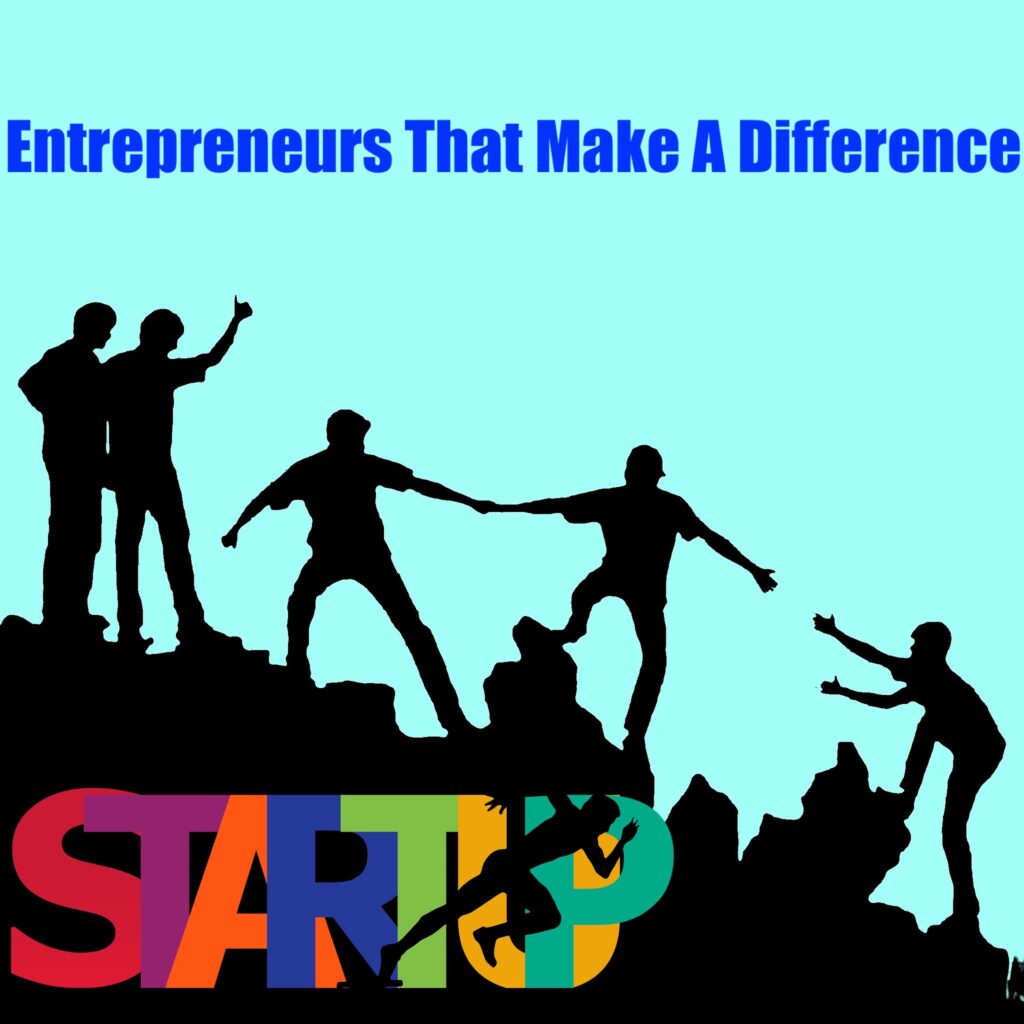
Facebook disapprove your ad and won't tell you why?
Schedule a time to talk to a Facebook ad policy expert who worked at Facebook here.
Enjoyed this blog? Signup here to get updates on new startup blogs.
